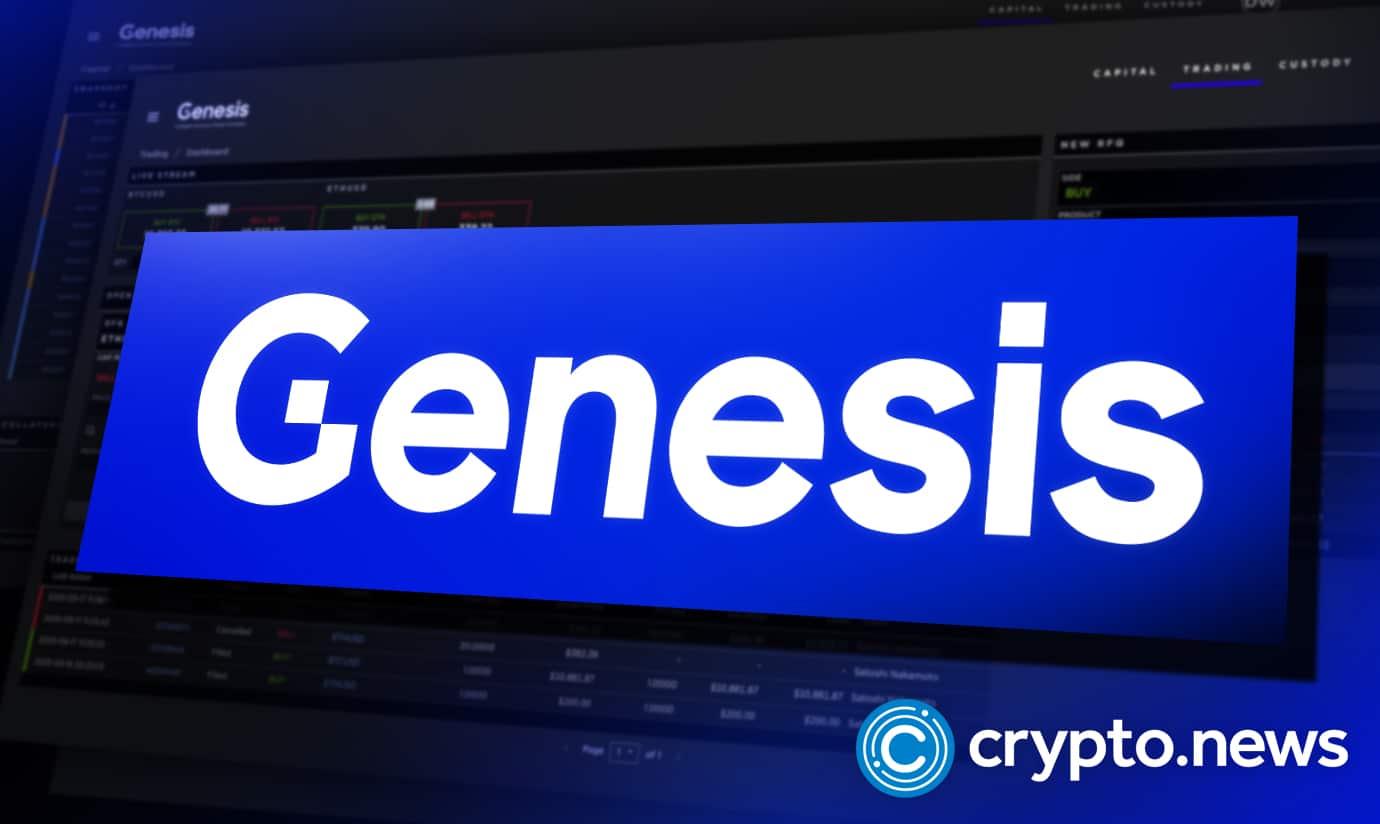Genesis sues Roger Ver for $20.9 million over unsettled crypto options

Genesis Global has reportedly instituted legal action against Roger Ver, also known as “Bitcoin Jesus,” due to his alleged refusal to settle crypto options transactions that expired on Dec. 30, 2022.
GGC International (GGCI), a Genesis Global subsidiary domiciled in the British Virgin Islands, made the allegations against Ver in a Jan. 23 filing at a Manhattan court. In the filing, GGCI requests monetary damages in an amount it hopes will be established at trial, but not less than $20.9 million for Ver’s alleged failure to settle crypto options contracts that expired on the last working day of 2022.
The crypto investor reportedly has 20 days to respond to GGCI’s suit, after which he will be obligated to pay the damages and any legal expenses the company may have incurred.
Ver has been an active crypto community member for a while and is known as a vocal supporter of bitcoin cash (BCH), a bitcoin network’s hard fork with a larger block size limit.
GGCI is part of chapter 11 bankruptcy process
Regulatory information from the Genesis website indicates that GGCI engages in spot trading and primarily uses derivatives on crypto assets to manage exposure. Genesis Bermuda Holdco Limited is the sole shareholder of GGC International, and it’s one of the entities listed in a bankruptcy petition Genesis Global filed last week in New York.
In the bankruptcy filing, Genesis projected to have more than 100,000 creditors and between $1 billion and $10 billion in liabilities and assets. Additionally, Genesis owes more than $3.5 billion to its top 50 creditors, including MoonAlpha Finance, Cumberland, and the Gemini crypto exchange.
CoinFLEX against Ver
Ver’s current trouble with Genesis isn’t the first time the crypto investor has faced legal issues. In July 2022, CoinFLEX, a Seychelles-based crypto exchange, sued Ver for $84 million for allegedly not honoring his margin obligations. Ver had reportedly taken out a $47 million margin loan against BCH with CoinFLEX, which left the exchange vulnerable to counterparty risk.
But because of his standing in the crypto community and CoinFLEX’s confidence in him as a counterparty, the exchange had allegedly made a special agreement with the crypto investor where it promised not to liquidate the collateral on its trades when the standard limit was reached.
Consequently, according to CoinFLEX, Ver should have paid the margin call on his loan. The crypto exchange claimed Ver gave it the runaround after allegedly promising to deposit a sizable sum of money but never doing so. The crypto exchange was subsequently forced to pause withdrawals and file for restructuring.
















